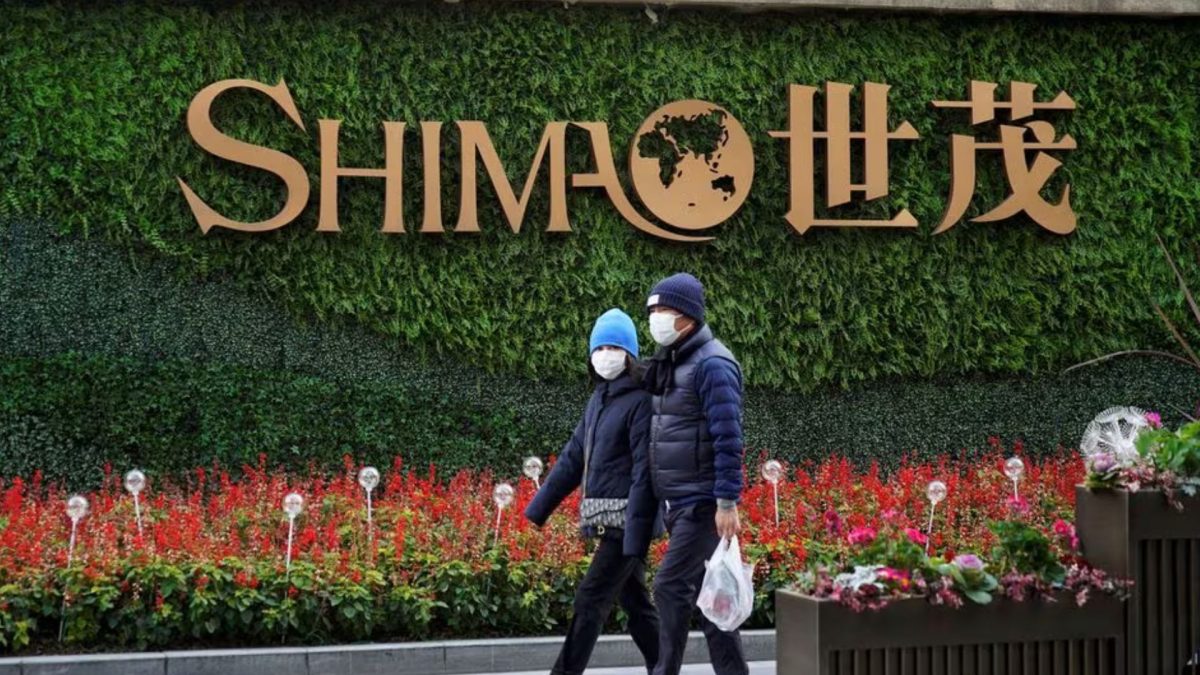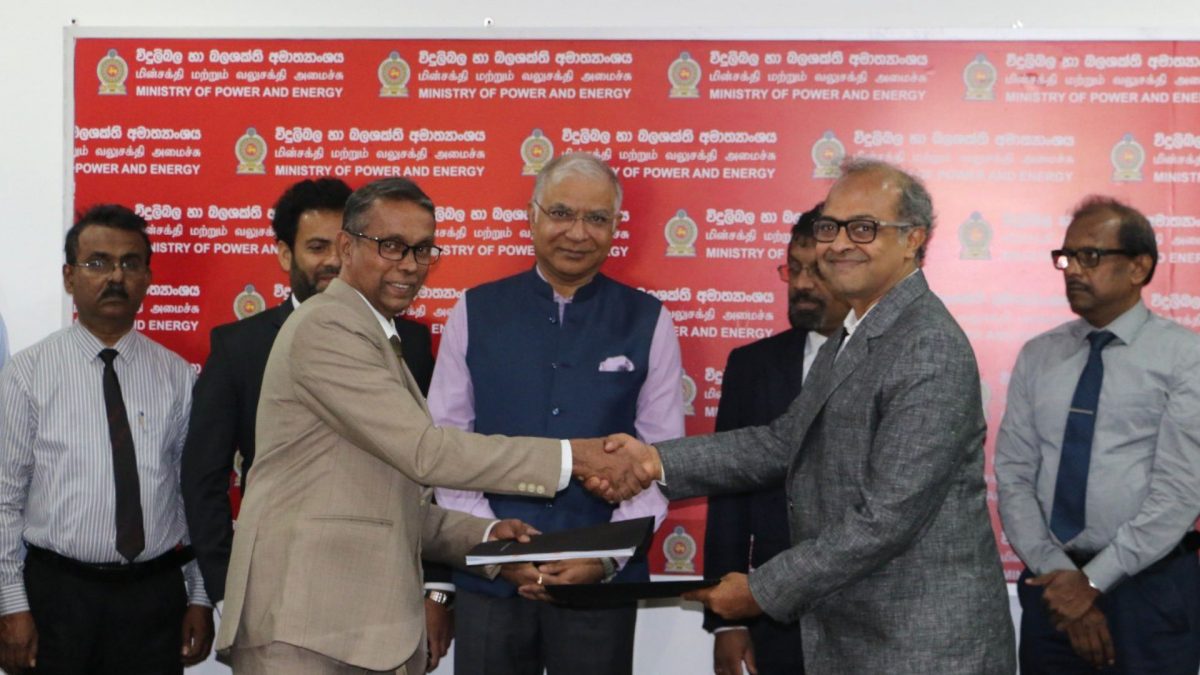The Chinese veto on India’s determined bid to enter the Nuclear Suppliers Group (NSG) is Narendra Modi’s first major foreign policy reverse, even though this may not be permanent. But it shows the kind of misplaced assumptions driving his policy in regard to India’s two main adversaries – China and Pakistan. At NSG, the two adversaries combined with some neutrals to block India.
This reverse could have been anticipated by anyone who has an elementary understanding of power play and geopolitics when combined with national interest. Simply put, it is not in China’s national interest to allow India a greater role in international politics. It is not in its interest to ease India’s path to growth where its economic or military clout will challenge China. So why do we expect China to play a positive role when it comes to our interests?
The arguments used by China to halt India’s entry into the NSG may or may not have validity in our eyes. But surely it does have a technical point in saying entry must be based on formal criteria for entry? China has cleverly used India’s non-ratification of the Nuclear Non-Proliferation Treaty (NPT) and Pakistan’s (equal) claims to block the entry, even garnering stray support from the likes of Turkey, Austria, Brazil, New Zealand, Switzerland and Ireland.
The reason for this is obvious too: China’s global economic and political heft, and the little countries’ own sense of importance, which will diminish if big players like India enter the scene. One can only guess at the behind-the-scenes arm-twisting and blandishments offered by China to the smaller members of the NSG to get them to resist pressures from other big gorillas in the global power league, including the US, and other permanent members of the UN Security Council. The US interest in helping India may be obvious, but what do New Zealand or Turkey (which is fast becoming an Islamist state) gain from backing India?
It is this inability of our strategists to understand elementary principles of global politics and power that is baffling.
While Narendra Modi has worked hard for a deal, one cannot but conclude that our expectation that it could happen this time was unreasonable. We assumed that when some of the western powers are ready to back us, China will fall in line. But that is not the way big power politics works. China has replaced Russia as the world’s No 2 superpower. The growing US-India axis has raised hackles in Beijing, and China is strengthening its alliance with Pakistan to keep us off balance.
This misstep indicates how India seems unprepared to take a hard-headed view of the true nature of the opposition it faces from China. India is both a civilisational and strategic threat to China, especially now that India has chosen to get closer to the US.
In a club where consensus is the norm, it needs only one big power to say no and entry can be barred. So before pushing our case with aggressive diplomacy, we should have got an informal nod from China on whether it would bloc our entry, and at what price it will consider a positive response. This would have been fairly easy to ascertain, but we still ignored the signals and went the whole hog with our bid. Seeking China’s concurrence last was tantamount to ensuring a firm “no” from the Dragon. China is never scared of playing hardball. The only language China understands is power. Handshakes and smiles and selfies matter little to it once it has decided what is in its best interests.
To be sure, we have not lost anything more than face. But it was unnecessary. We now have to up our learning curve on playing hardball. There are clear lessons to be learnt from this avoidable fiasco. Among them:
1) We should not rush into battle before we have our strategy, including an exit strategy, in place. The Abhimanyu logic of getting into a Chakravyuh without knowing how to get out is folly. Raw courage without an exit strategy is fine in a suicide bomber, but not someone who wants to win and stay alive.
2) We have to understand our opposition and enemies better. How did our diplomats and the PMO even start believing we are in with a chance when China has shown unremitting hostility and opposition to our great power ambitions — not just at NSG, but also the UN Security Council, among other things. The first step to winning is to know your enemy.
3) Personal equations are for optics, and not central to success. It is certainly not a substitute for building leverage with key players, including naysayers. Let’s say you want to build leverage with China. The time to begin is not a few weeks before the Seoul meeting, but at least two years before that, if not more. China may be interested in a bargain provided you have something to give in return that it values.
Alternately, you should have the capacity to damage its interests. For example, the India-China trade balance is skewed. China exports three times as much to us as we export to them. If you want leverage this imbalance in your favour in 2018, you should start applying the pressure on Chinese imports little by little from today and start muttering about trade imbalance regularly. We should start erecting non-tariff barriers, starting with one innocuous product, gauge their response, and then extend it to some others. Otherwise, we will end up with Nehru’s flawed “Forward” strategy, without building an ability to counter an aggressive response from China, if it comes. We should, at any rate, start making noises about the quality of Chinese goods, and start clamping down in innocuous products and then do the same with more critical products. You can, at some time, start a trade war if the opponent has more to lose than you. But it takes time to make sure you don’t get charred by the same fire you start.
Then there is the positive side of leverage – the carrot before the stick. We should be dangling big infrastructure contracts and make it clear that award depends on them backing us on NSG or whatever. Pakistan has done this successfully by getting the Chinese interested in their infrastructure. A $28 billion investment is planned in Pakistan. This Chinese investment is not dictated purely by friendship with Pakistan alone, though that has its uses, but by Chinese security interests. China is worried about both Tibet and Xinjiang, and the road to Islamic insurgency in Xinjiang runs through Pakistan. China wants to control that road.
4) We must always have plan B. We can’t bargain with anybody — NSG or UNSC — if they know you need them more than they need you. We should, for example, fast forward work on our thorium-based nuclear technology and fast-breeders. We should, in fact, also plan for a post-nuclear energy world, so that NSG becomes redundant at some point. We should consider developing tactical nuclear weapons and throw a broad hint that it will be used only in case India faces a threat by a stronger power (Hint: China, not Pakistan).
5) Morality has little role in power play. Remember the story of the prodigal son? He is the one who gets the great welcome, not the son who never strayed from the good path. North Korea, the world’s ultimate rogue nation, gets regular doses of bribes from the world for not going further rogue. Pakistan has been repeatedly rewarded for its rogue behaviour on terrorism and proliferation of nuclear technology. China is the world’s big proliferator, but now talks with holy intent on the NPT. Hypocrisy is the language of power. Our own little experiment with ‘bad’ behaviour – Pokhran 2 – got the US to become our ally. So we should know the value of occasional roguery. The world learns to respect those who can give it a bad headache, and India cannot claim access to big power status without the ability to surprise the world with the occasional bad behaviour.
6) Lastly, we have to prepare for the long haul. It does not matter if we enter the NSG this year or in 2020. Today, NSG membership or a UNSC seat looks like a favour to us. We may think it our right, given our size and good behaviour, but this is balderdash. But seven to 10 years hence, when we are a $5 trillion economy, our might will make it our right, especially if our military is proportionately stronger. China waited 20 years after Mao to start asserting its claims on the global stage. We don’t seem to have the patience to wait even five or 10 years. Claiming a big power role is not for economies below $4-5 trillion in GDP. This is not meant to be some arbitrary figure, but is the level at which countries begin to matter globally. Japan and Germany are in this region; Russia nowhere near it. It is a military superpower without the economic heft to make it a superpower. China is already a $11 trillion economy, though its real economic strength may be overstated in dollar terms due to the managed nature of its exchange rate.
At $5 trillion, we will be at least half China’s current size, and in a better position to assert ourselves. At $2 trillion, we don’t matter to many players.
As we withdraw to lick our wounds over NSG, it is worth remembering one simple truth: nice guys finish last.


)




)
)
)
)
)
)
)
)